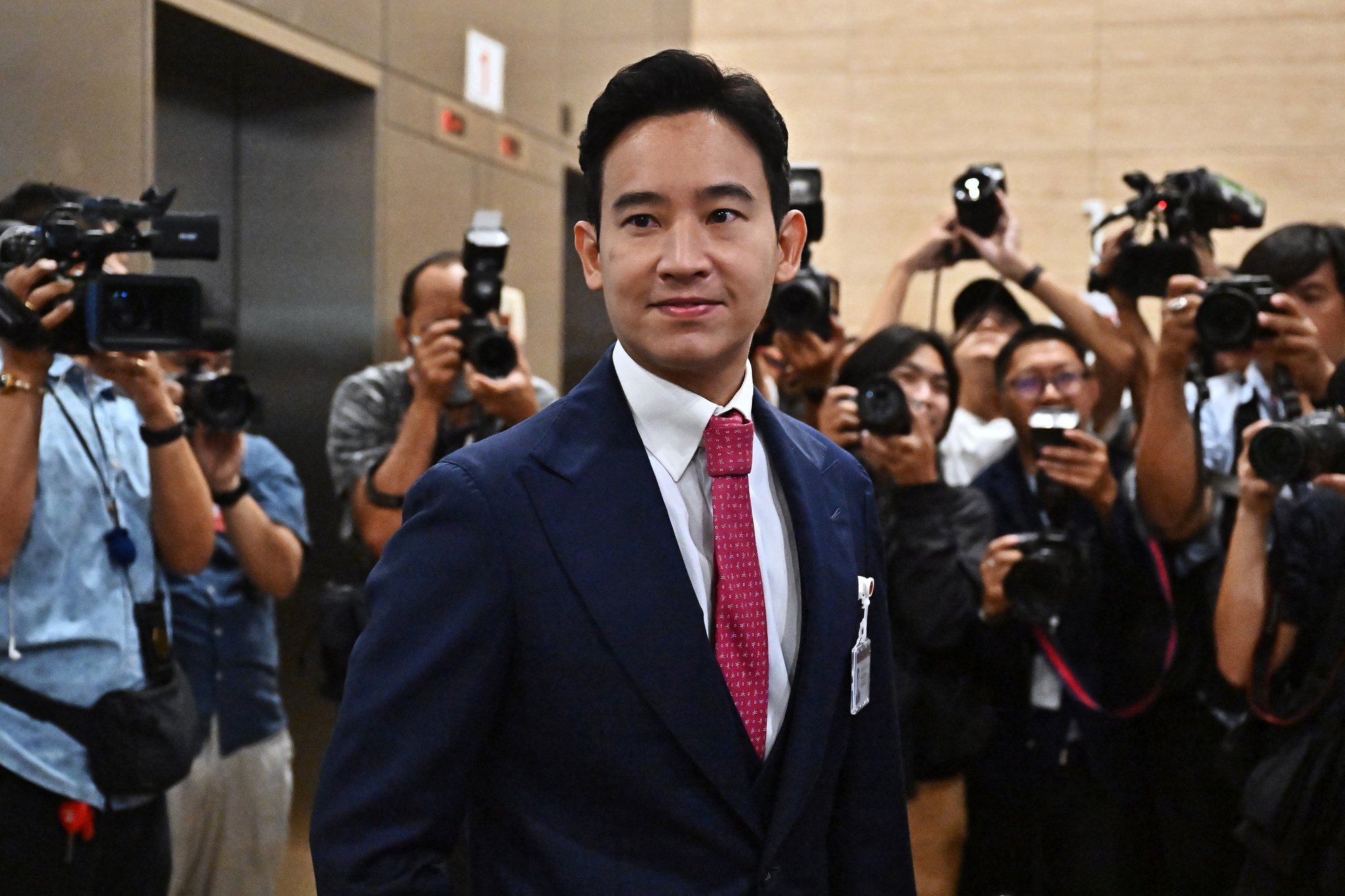
Mr. Pita Limjaroenrat is the leading candidate for the position of Prime Minister of Thailand.
The announcement was made by the new Speaker of the Thai House of Representatives, Wan Muhamad Noor Matha, on July 5, a day after he was appointed to the position, according to AFP. Both houses of the Thai parliament, with a total of 750 members, will vote to elect the country's new prime minister.
Mr Pita's MFP won the most seats in the May 14 lower house election, but there is no guarantee that the party will be able to form a government or that he will become the country's leader.
The MFP has assembled an eight-party coalition, including the second-placed Pheu Thai party. It holds a total of 312 seats in the 500-seat lower house, but is still far from the minimum of 376 votes in both houses of parliament needed to make Pita prime minister.
Asked what would happen if Mr Pita did not get the required number of votes, Mr Wan Noor said: "Parliament will vote until we have a prime minister... If the vote result does not reach 376, we will continue to vote," he told reporters.
However, Mr Wan Noor did not say how many chances Mr Pita would be given before replacement candidates emerged.
After winning the lower house election, the MFP faced opposition from the 250-member military-appointed upper house, over its push to reform Thailand's lese-majeste law and plans to overhaul monopolies.
The United Thai National Party said on July 5 that it was considering whether to field a candidate to challenge Pita. Caretaker Prime Minister Prayuth Chan-ocha, who took power in a 2014 coup and formed a broad coalition government after the 2019 election, has sought re-election under the banner of the new party.
Political analysts say that technically, Mr Prayuth could continue to rule with a minority government with the support of the senate.
Mr Pita’s path to becoming prime minister has also faced challenges outside parliament. Thailand’s election commission last month launched an investigation into whether Mr Pita should run amid allegations that he owned shares in a now-defunct media company.
Under Thai law, lawmakers are not allowed to own media stocks.
Source link


![[Photo] "Beauties" participate in the parade rehearsal at Bien Hoa airport](https://vstatic.vietnam.vn/vietnam/resource/IMAGE/2025/4/11/155502af3384431e918de0e2e585d13a)




![[Photo] Looking back at the impressive moments of the Vietnamese rescue team in Myanmar](https://vstatic.vietnam.vn/vietnam/resource/IMAGE/2025/4/11/5623ca902a934e19b604c718265249d0)
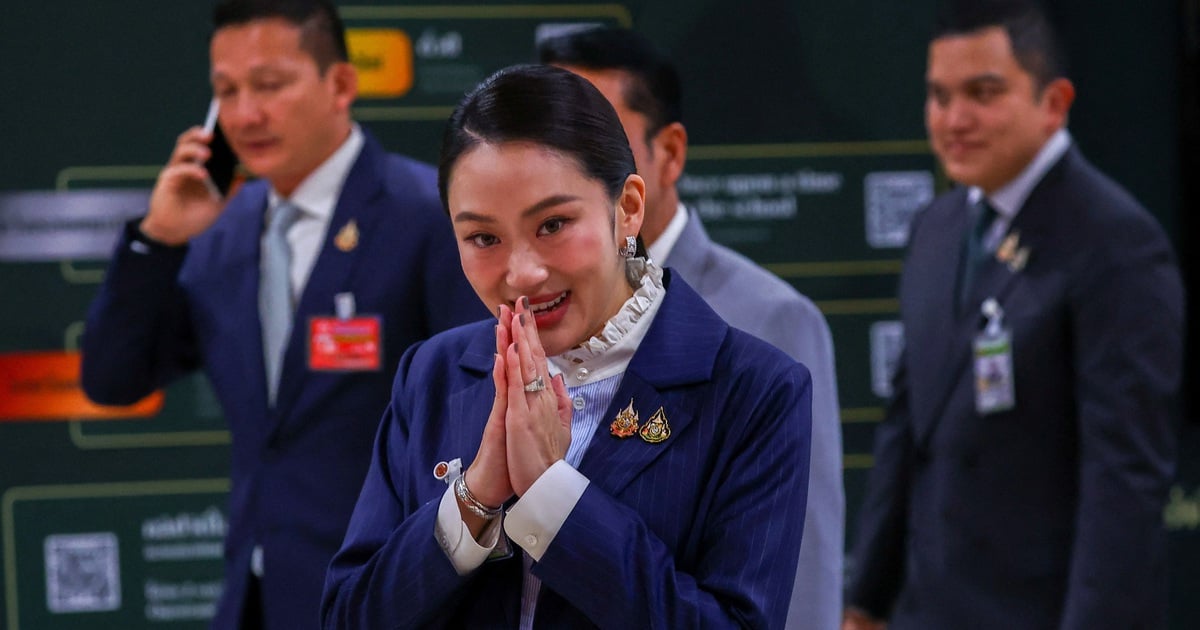
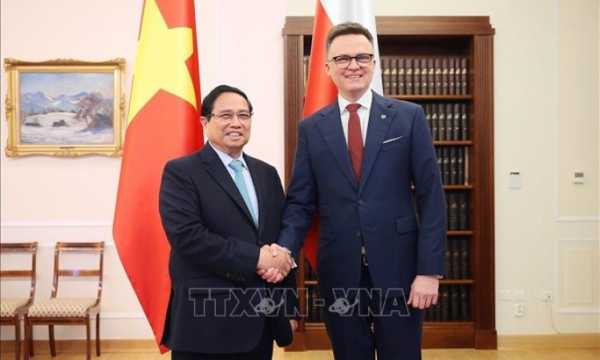

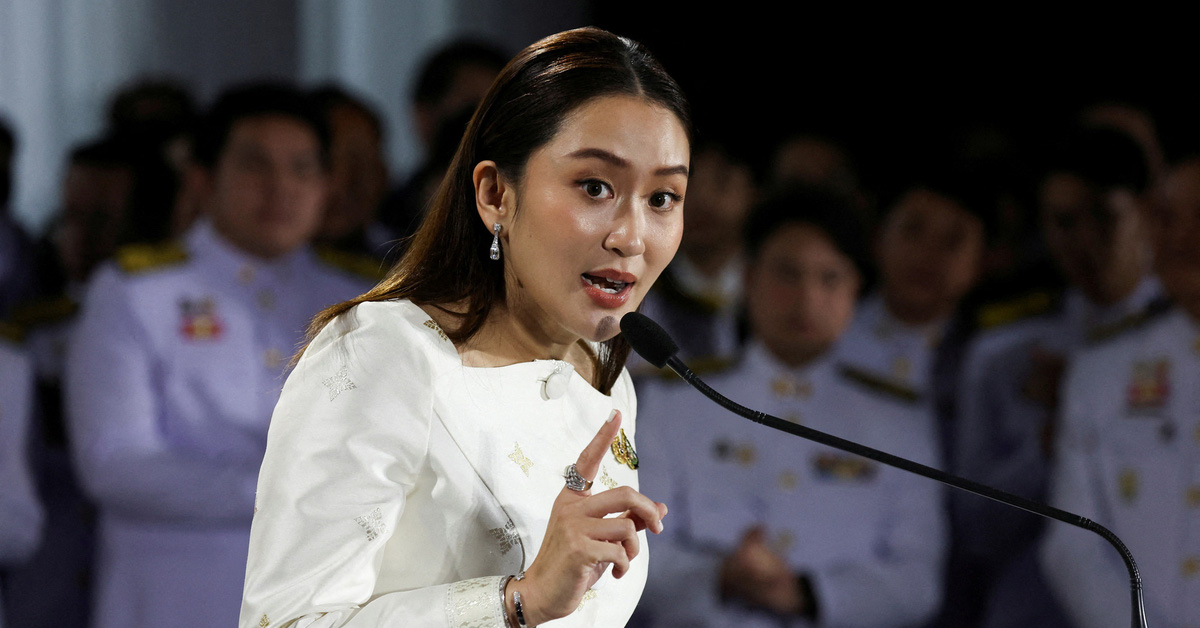

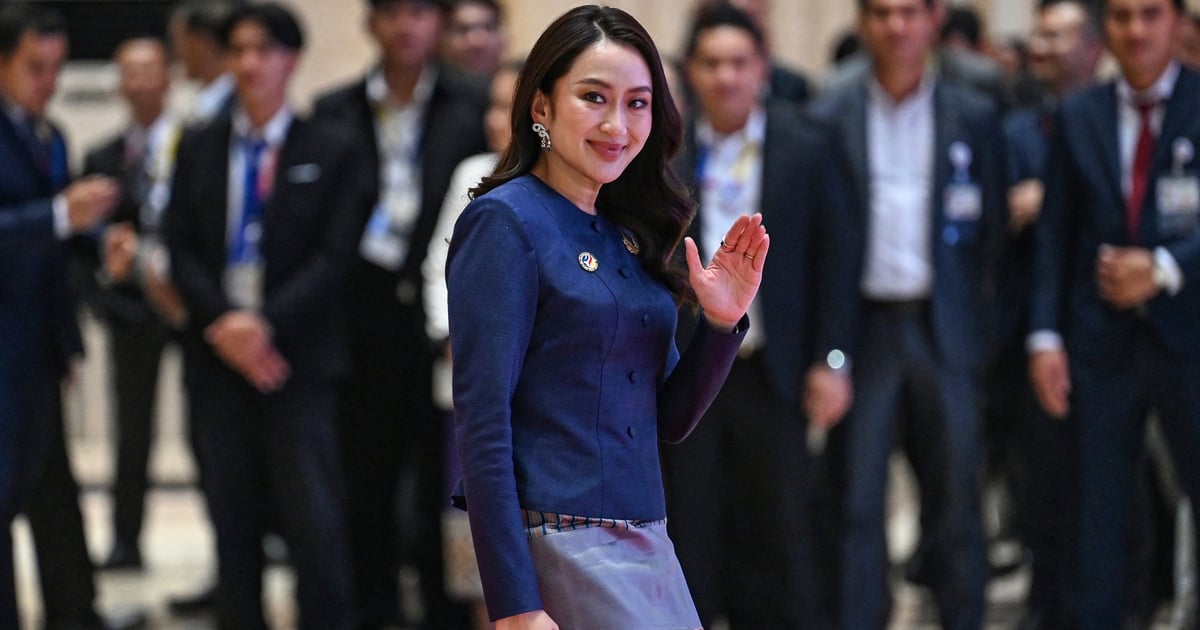
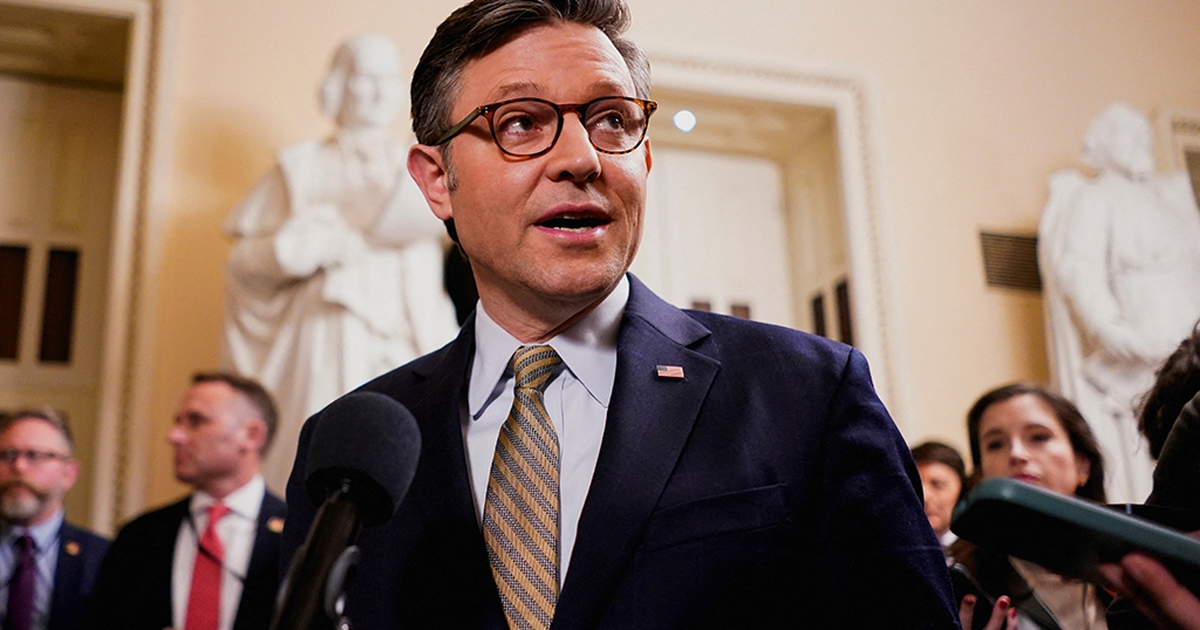






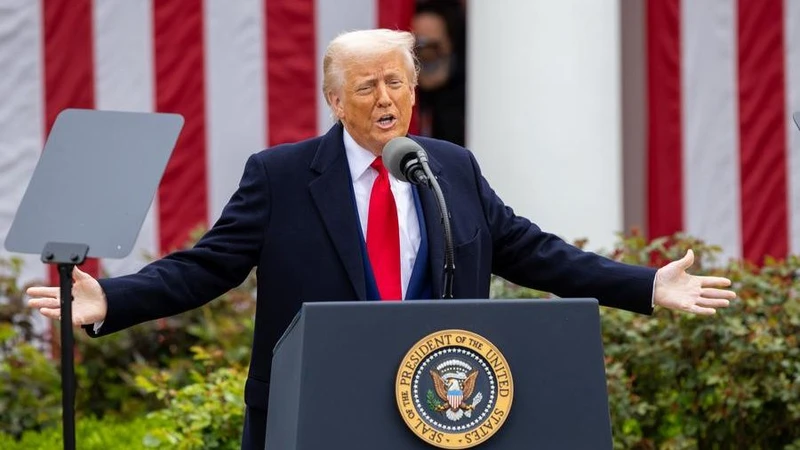


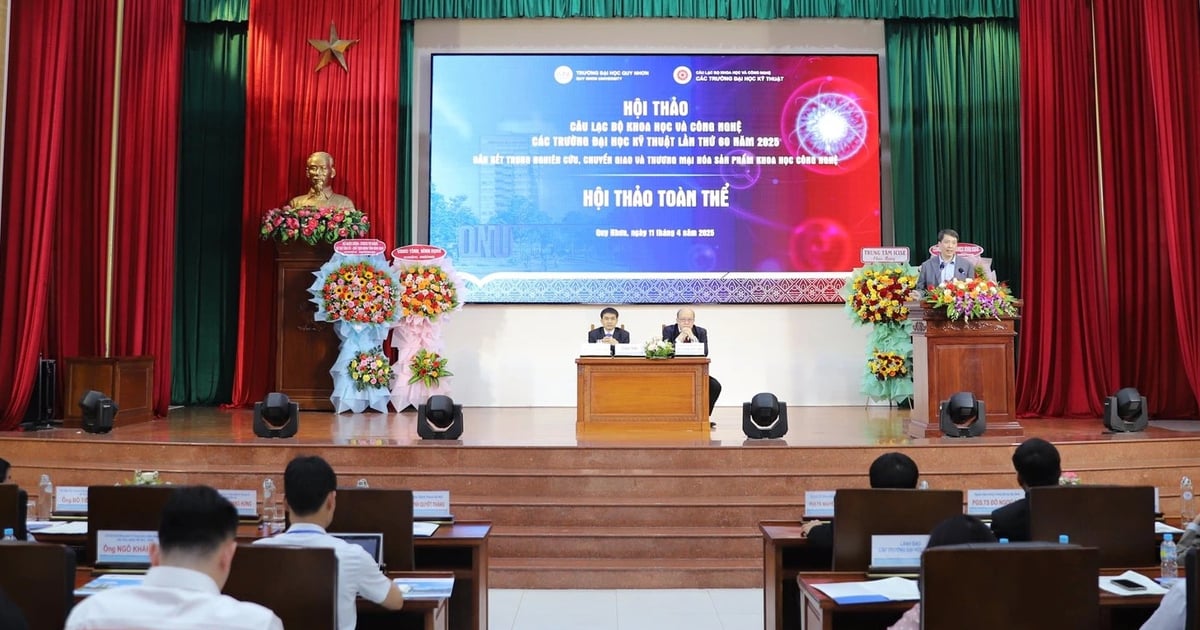

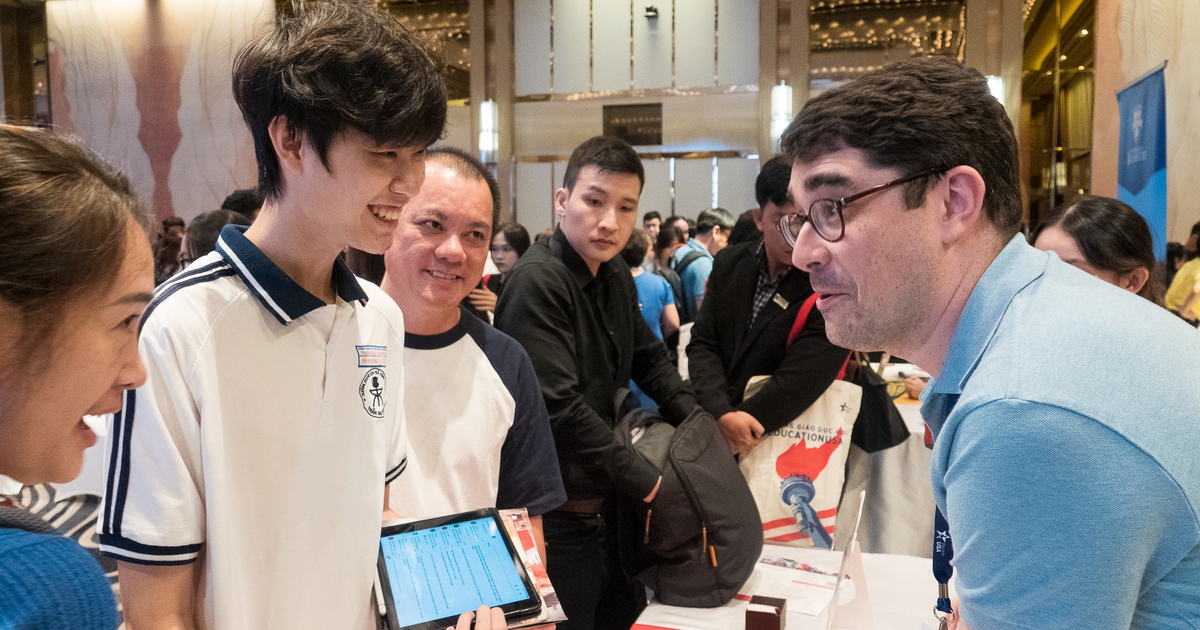
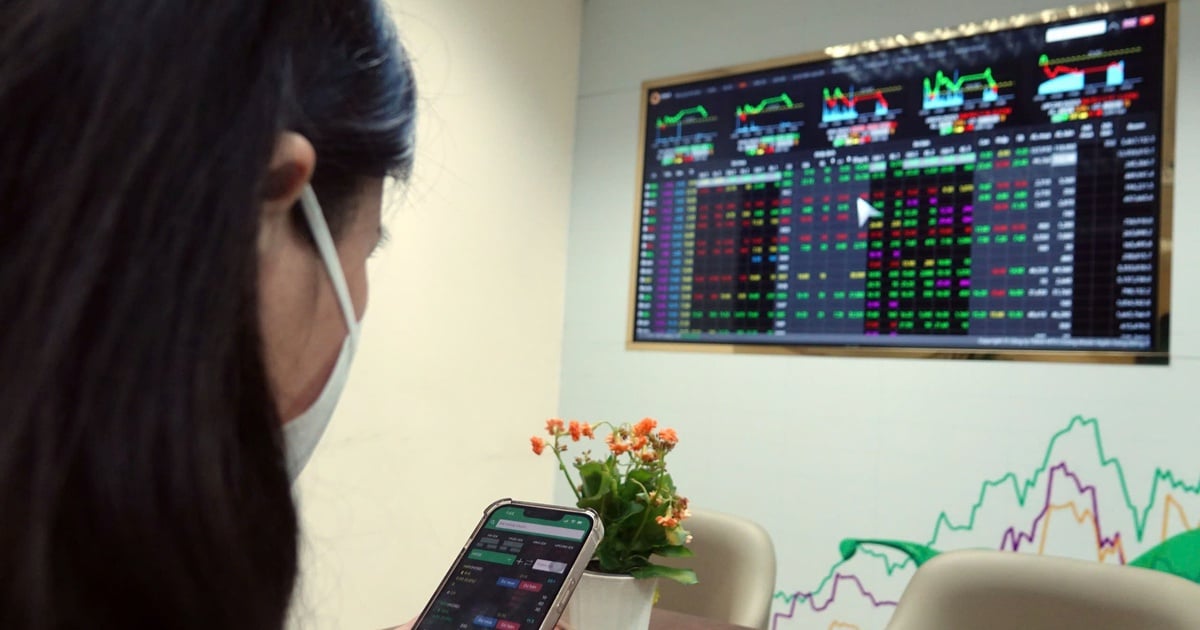



![[Photo] Summary of parade practice in preparation for the April 30th celebration](https://vstatic.vietnam.vn/vietnam/resource/IMAGE/2025/4/11/78cfee0f2cc045b387ff1a4362b5950f)








































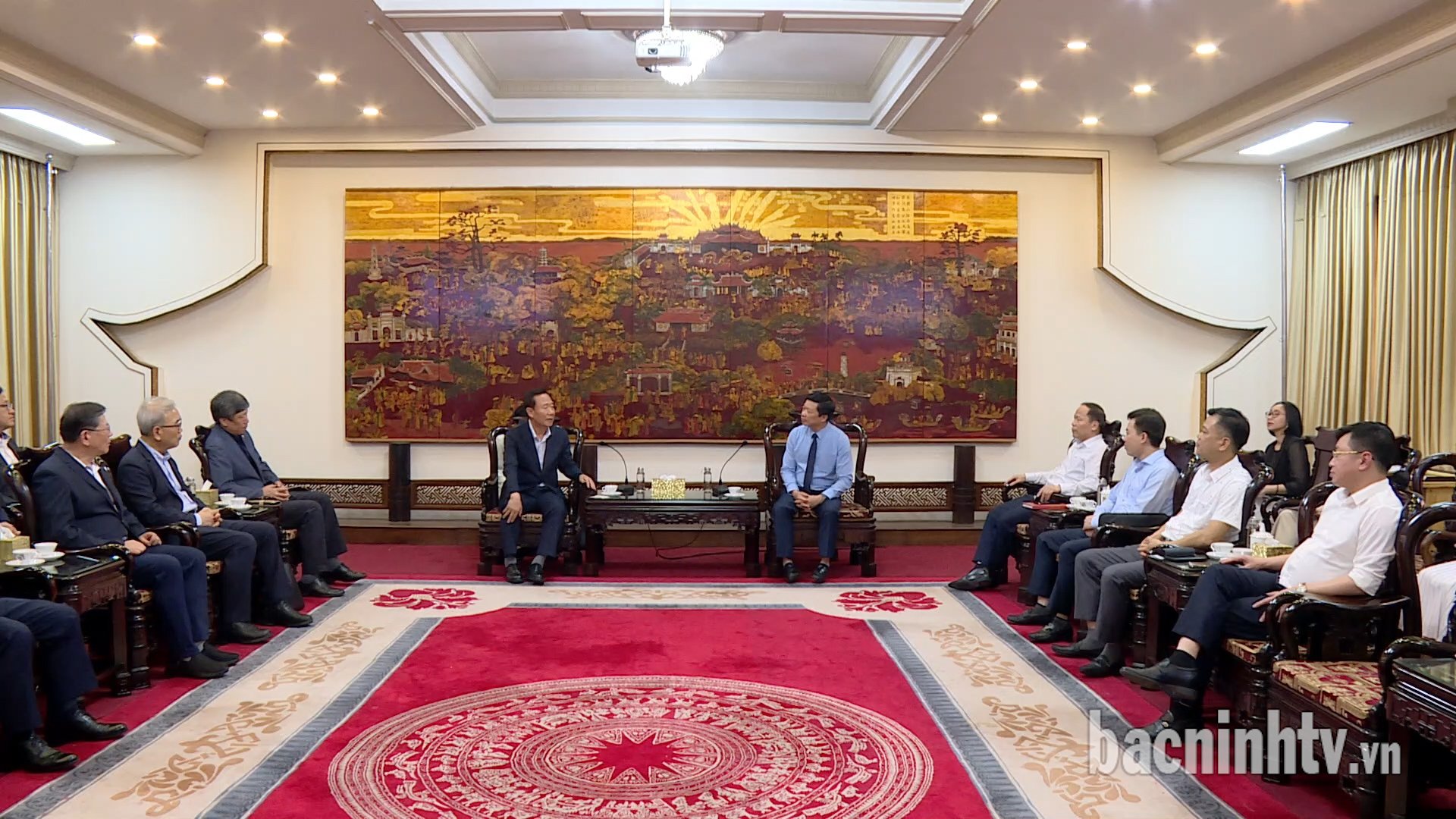
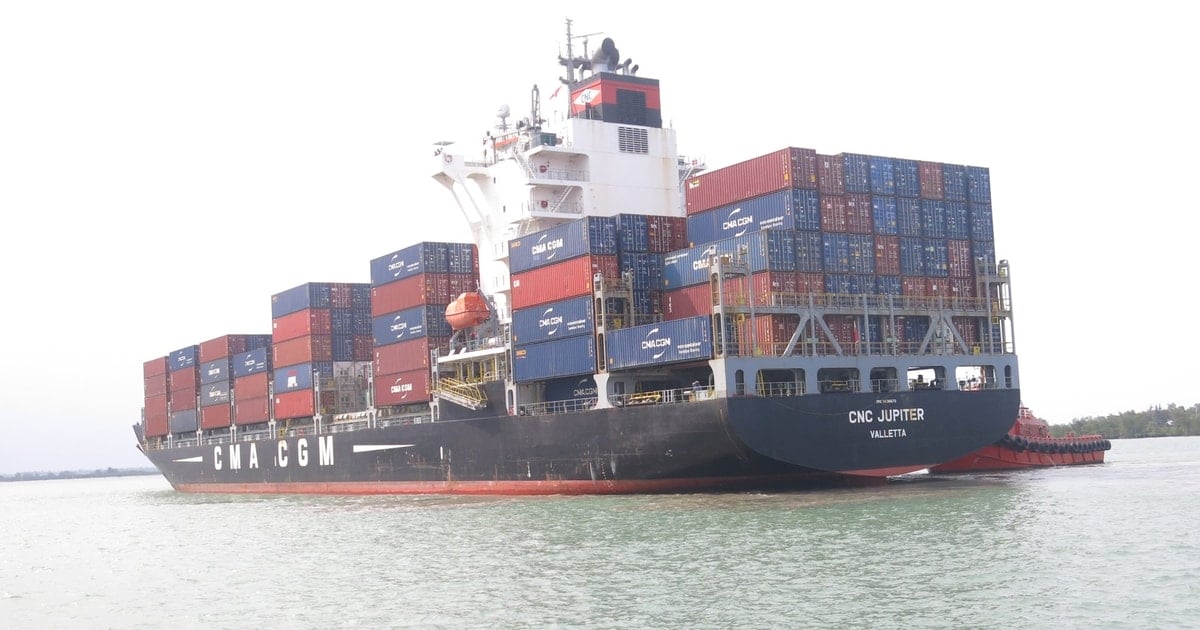



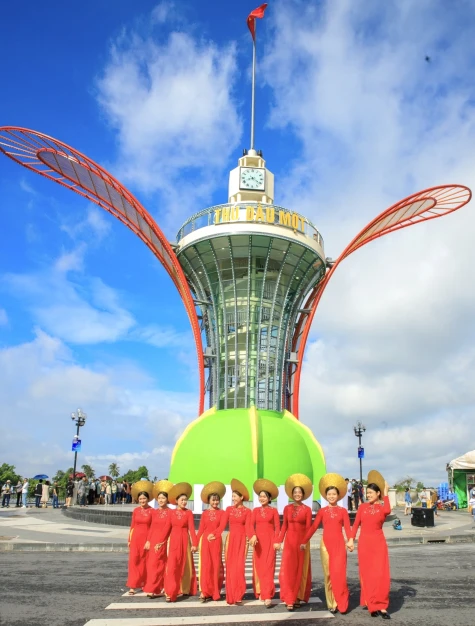

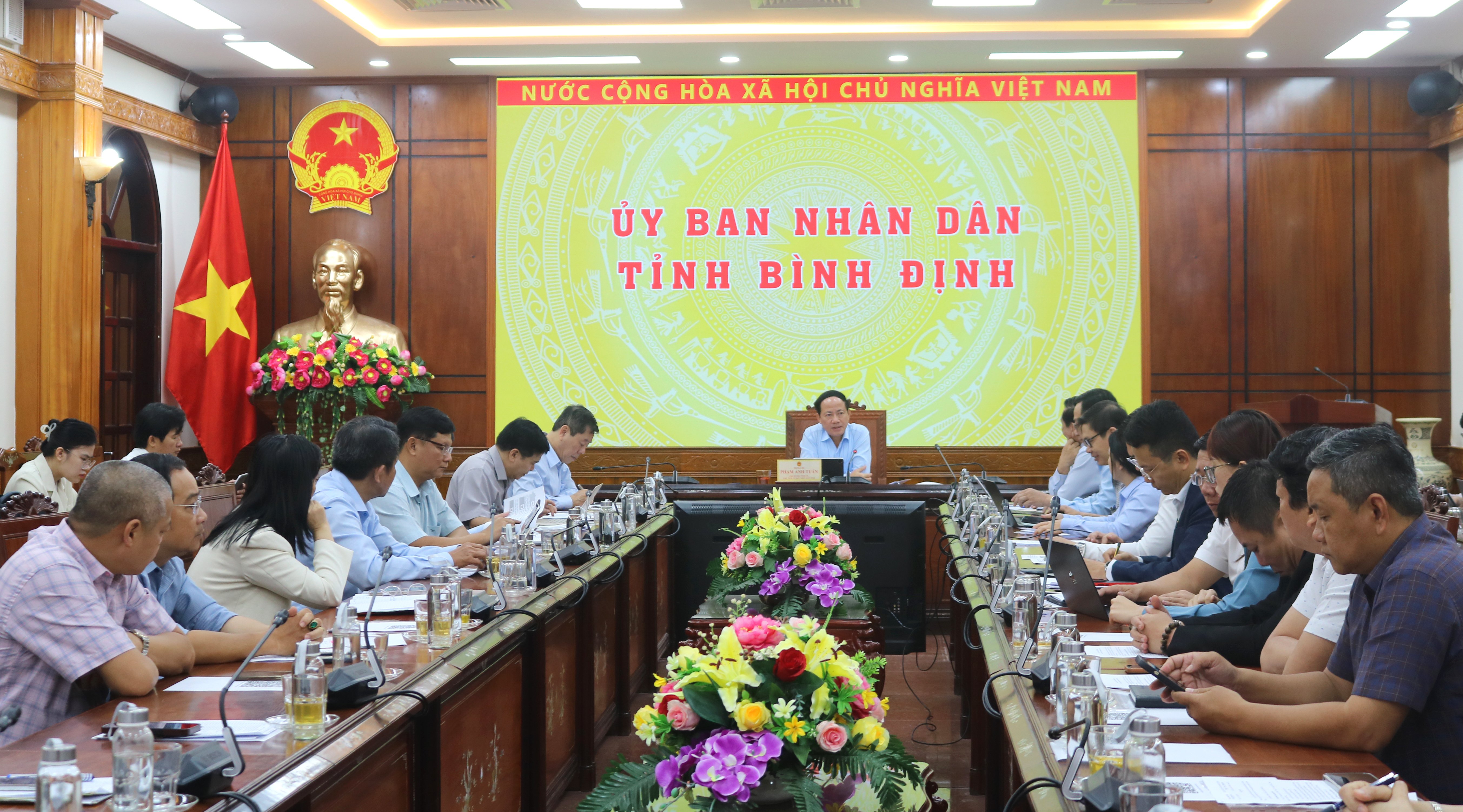













Comment (0)